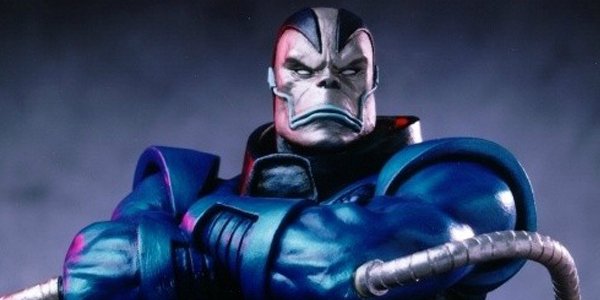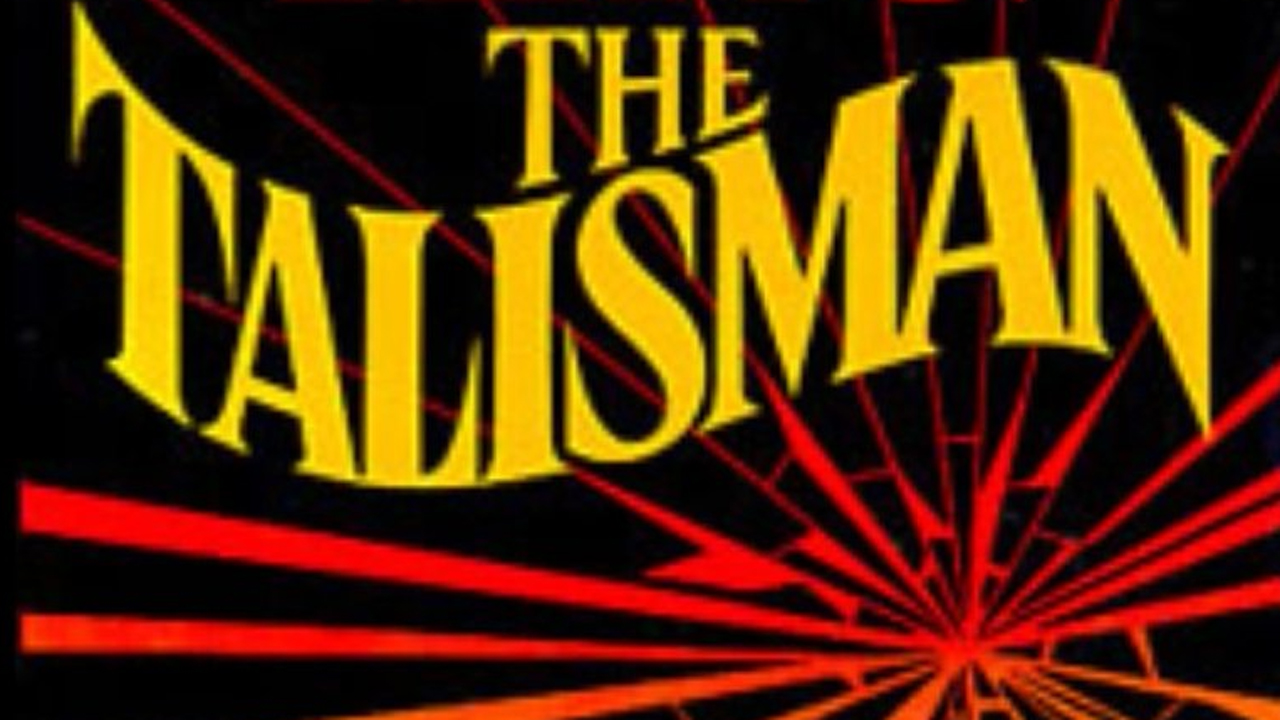Apocalypse Is More Relatable Than Expected In X-Men: Apocalypse

In some form or another, the X-Men franchise has invariably revolved around conflict between humans and mutants. The franchise’s villains have often come in the forms of fearful human beings, or mutants themselves – both that have somewhat misguided or genocidal ideologies. With X-Men: Apocalypse, the franchise seems poised to turn the series on its head by introducing a nigh-omnipotent being who is essentially a god – but it seems he will be more relatable than we previously thought.
In a recent interview with IGN, Michael Dougherty – co-writer of X-Men: Apocalypse – opened up about the motivation and the ideology that will drive the villainous titular mutant. Dougherty explained that in Bryan Singer’s attempt to make the X-Men universe as grounded as possible, Apocalypse’s motives had to come from an emotional place that audiences could identify with and respond to. Elaborating further, Dougherty laid out Apocalypse’s thought process: he comes from an era of history where mutants are revered as gods, so to wake up in modern times and see that mutants have become a persecuted minority will most certainly not sit right with him. He’s a being who has only known reverence at the hands of humans, and as such feels the need to right what he sees as a misstep in the world. From this mentality, Apocalypse goes beyond a god-seeking domination and destruction, but a being with "a heart" and a cause that he perceives as righteous.
Taking this approach to villains has proven to be one of the X-Men franchise’s strongest assets. Many have complained about the weak villains in the Marvel Cinematic Universe, but the X-Men films have consistently produced villains that engage in a moral ambiguity that makes them easily relatable. Magneto’s time in Nazi concentration camps imbued him with a fear of further persecution, a thirst for revenge, and a bastardized sense of justice. In X2 William Stryker sought revenge against the mutants on a race-wide level after his mutant son tormented him and his wife – leading to her eventual suicide. Even Bolivar Trask from the recent X-Men: Days of Future Past blatantly stated that he did not hate the mutants he wished to eradicate, but he admired them and saw them as a common struggle that could unite the human race against our inevitable extinction. Despite the obvious differences in origin and power level, Apocalypse’s rationale for going down his villainous path follows similar – as well as relatable – character beats.
Only time will tell if the writers – as well as the performance by Oscar Isaac – manage to effectively convey the relatable qualities of the god-like mutant. We will just have to wait and see when X-Men: Apocalypse comes to theaters on May 27 of next year.
Your Daily Blend of Entertainment News
Originally from Connecticut, Conner grew up in San Diego and graduated from Chapman University in 2014. He now lives in Los Angeles working in and around the entertainment industry and can mostly be found binging horror movies and chugging coffee.

